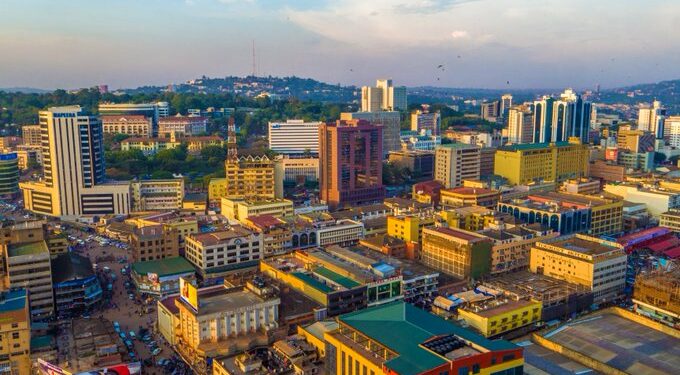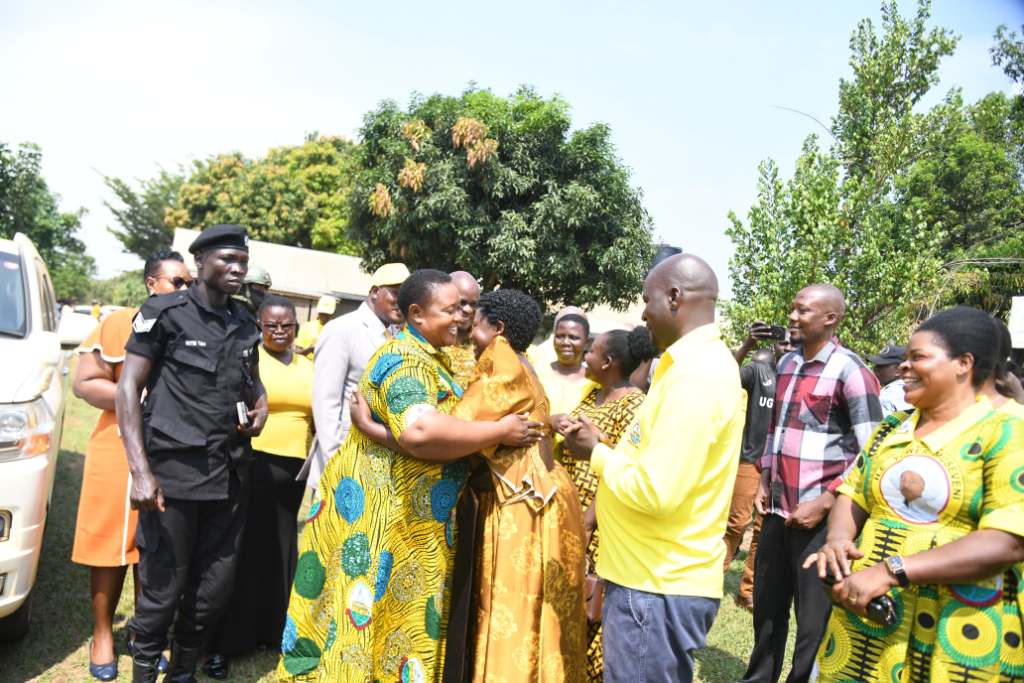Far beyond fleeting sadness, depression is a debilitating medical condition marked by:
- Persistent hopelessness and disinterest in life
- Crippling fatigue and impaired concentration
- In extreme cases, suicidal ideation or attempts
Per World Health Organization (WHO) criteria adopted by UBOS, depression is clinically significant when symptoms persist beyond two weeks, severely disrupting daily life.A National Threat UnveiledThe ripple effects of depression are catastrophic:
- Economic Toll: WHO estimates Uganda loses $390 million annually in productivity due to depression.
- Health Crisis: Mulago Hospital studies link depression to a doubled risk of diabetes and tripled risk of heart disease.
- Suicide Surge: Butabika Hospital records attribute 80% of Uganda’s 1,200 annual suicides to depression.
- Generational Scars: Children of depressed parents face a threefold higher likelihood of school dropout.
UBOS 2024: Depression HotspotsThe census lays bare stark disparities across Kampala’s divisions:
- Lubaga: 6.4%
- Kawempe: 6.2%
- Makindye: 5.9%
- Nakawa: 5.8%
- Central: 5.6%
UBOS Director Chris Mukiza warns: “These are diagnosed cases. In slum areas, undiagnosed prevalence could hit 15-20%.”Root Causes ExposedOur investigation pinpoints key drivers:
- Lubaga’s crisis stems from its 72 informal settlements, where 58% live below the poverty line.
- Kawempe’s surge aligns with zones reporting the highest school dropout rates (KCCA 2023 report).
- Central Division’s lower rates reflect better access to private mental health care.
Government’s Broken PromisesDespite 2021 parliamentary pledges to bolster mental health infrastructure:
- Only 6 of 25 planned mental health units in regional hospitals are functional.
- Mental health is allocated a mere 0.7% of the health budget.
- Kampala has just 1 psychiatrist per 500,000 people.
Voices from the TrenchesIn Lubaga’s Katwe slum, 19-year-old former street vendor Abdul Matovu shared: “After my stall burned down, I spent months staring at walls. No one said this was a sickness.”In Nakawa, social worker Rebecca Namutebi revealed: “We’re seeing depression in children as young as 10—many are COVID orphans now heading households.”Urgent Action DemandedExperts call for:
- Emergency training for KCCA health workers in depression screening.
- Slum outreach programs blending economic empowerment with counseling.
- A national helpline offering support in Luganda and Runyankole.
As Parliament gears up for the 2024/25 health budget debate, activists issue a dire warning: “Ignore this crisis, and we risk losing a generation to despair.”Watchdog Uganda demands accountability: Will the government act, or let this silent killer tighten its grip?
Do you have a story in your community or an opinion to share with us: Email us at editorial@watchdoguganda.com













